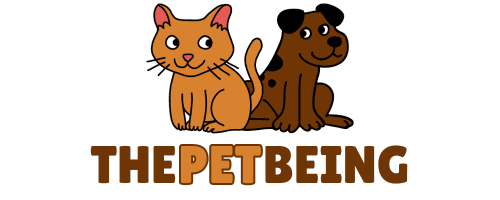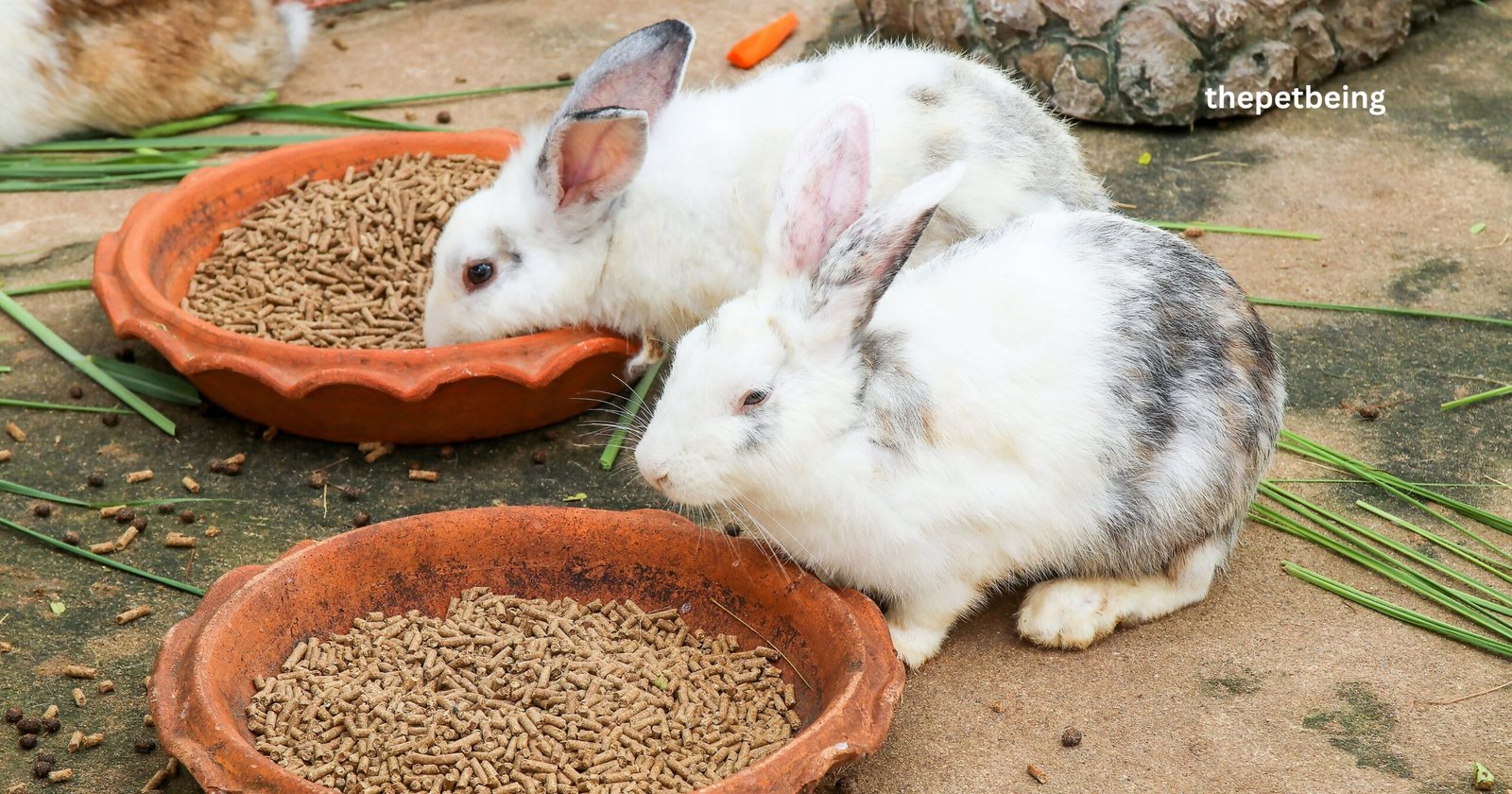Do you know how long can a rabbit go without eating?
If a rabbit goes even 12 hours without eating.
This question is essential to consider when caring for a pet rabbit.
Due to their unique digestive systems, rabbits have surprisingly short periods that they can go without food and water before facing severe health risks.
These factors impact how long rabbits can survive without food, signs of malnutrition in your bunny, ways to ensure your rabbit stays healthy with proper nutrition and other helpful tips for owners who want their fluffy friend to remain happy and safe. Do you have a pet rabbit and are still determining how long they can go without eating?
So it’s essential to determine how much food is necessary to keep them healthy.
This post will discuss how long your pet rabbit can safely go without eating and what steps should be taken if their dietary needs aren’t met.
We’ll also provide details on how to tell when your bunny needs additional food and what meal plan should be employed to ensure they receive all the essential nutrients they need.
Although rabbits require different amounts of nutrition depending on age, gender, health status, activity level, etc., this information can give you an idea of what basic guidelines should be followed to achieve optimal well-being.
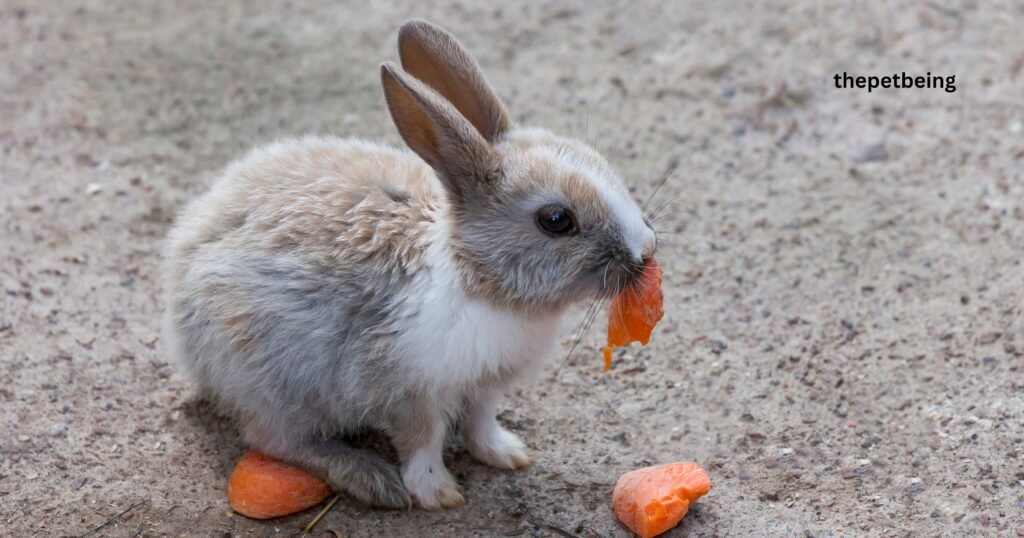
How Long Can A Rabbit Go Without Food?
- Rabbits should have food every day. Without food, a rabbit can get sick within a day.
- After 24 hours without food, your furry friend can get serious health problems.
- Rabbits eat grass and hay. They like fresh greens, too.
- You can give them fruits and vegetables, but not too much, because it can make them sick.
- Always have water for your rabbit. They need to drink all the time.
- Sometimes, a rabbit might not eat because it is sick.
- If your rabbit does not eat for more than 12 hours, you should go to a vet.
- The vet will check the rabbit and find out why it is not eating.
- The vet can give the rabbit medicine to feel better.
- You may not know that a rabbit is sick.
- Some signs to look for are a rabbit not eating, not moving, or having difficulty going to the bathroom.
- If you see any of these signs, go to the vet immediately.
- To keep your rabbit healthy, feed it the right food every day.
- Please don’t give it food that can make it sick.
- Keep a clean place for your rabbit to live. Make sure it has water to drink.
- Watch your rabbit for any signs that it is not well.
- If you see something wrong, go to the vet right away. Healthy rabbits are happy rabbits.
- If you take good care of your rabbit, it will live a long, happy life.
- Remember, if your rabbit does not eat for over 12 hours, go to the vet immediately.
- Your furry friend depends on you to stay healthy and safe.
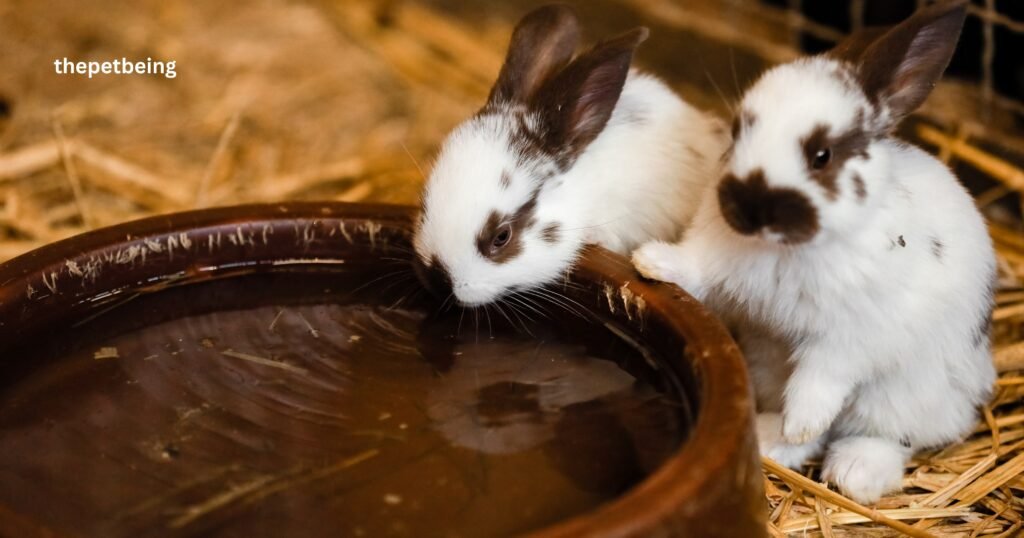
How Long Can Rabbits Survive Without Water?
- Rabbits need water just like people do. Water helps them stay healthy. It helps their body work right.
- It helps them digest food. Rabbits can only go a short time with water.
- A rabbit can get sick if it does not drink water for a day. It can be terrible if the rabbit drinks water for up to two days.
- It is essential always to have fresh water for your rabbit. The water should be clean. It should not have any dirt or bad stuff in it. You can give water to your rabbit in a bowl or a bottle.
- Some rabbits like to drink from a bowl. Some rabbits like to drink from a bottle. You can see what your rabbit likes best.
- Sometimes, a rabbit might not drink water because it is sick. You should visit a vet if your rabbit does not drink water for over 12 hours.
- The vet will check the rabbit and find out why it is not drinking water.
- Your rabbit depends on you to stay healthy and safe. If you take good care of your rabbit, it will live a long, happy life.

The Basics of Rabbit Nutrition
Understanding your rabbit’s nutritional needs is the cornerstone of pet ownership. Rabbits are herbivores and thrive on hay, vegetables, and the occasional fruit. Balancing these elements is crucial in ensuring your rabbit maintains optimal health.
- Hay: The Foundation of a Rabbit’s Diet
Hay should form the bulk of your rabbit’s diet and is fundamental for nutritional and digestive reasons. It’s rich in fiber, which aids in maintaining a healthy digestive system. Moreover, chewing hay helps wear down a rabbit’s continually growing teeth, thus preventing dental problems.
- Vegetables: Vital Source of Nutrients
Fresh vegetables provide rabbits with essential vitamins and minerals. Dark leafy greens like romaine lettuce, kale, and spinach should be staples in your rabbit’s diet. However, it’s essential to introduce new vegetables gradually to prevent digestive issues.
- Fruits: A Sweet Treat
Fruits should be viewed as an occasional indulgence and offered sparingly because of their elevated sugar content. Apples, pears, and berries can be given sparingly to your rabbit. Remember to remove any seeds or pits, as they can be hazardous.
- Pellets: A Supplemental Necessity
While not a substitute for hay and fresh vegetables, pellets can supplement your rabbit’s diet by providing additional nutrients. Choose high-quality pellets that are rich in fiber and low in protein.
- Water: Essential for Hydration
Fresh and clean water should be available to your rabbit at all times. Water aids in digestion and keeps your rabbit hydrated.
The Importance of a Balanced Diet
A balanced diet significantly affects your rabbit’s overall health and longevity. By understanding the basics of rabbit nutrition, you are taking the necessary steps to ensure your fluffy friend leads a happy and healthy life.
Keep a close watch on your rabbit’s dietary habits and seek advice from a veterinarian if you observe any alterations in their eating or drinking behavior.
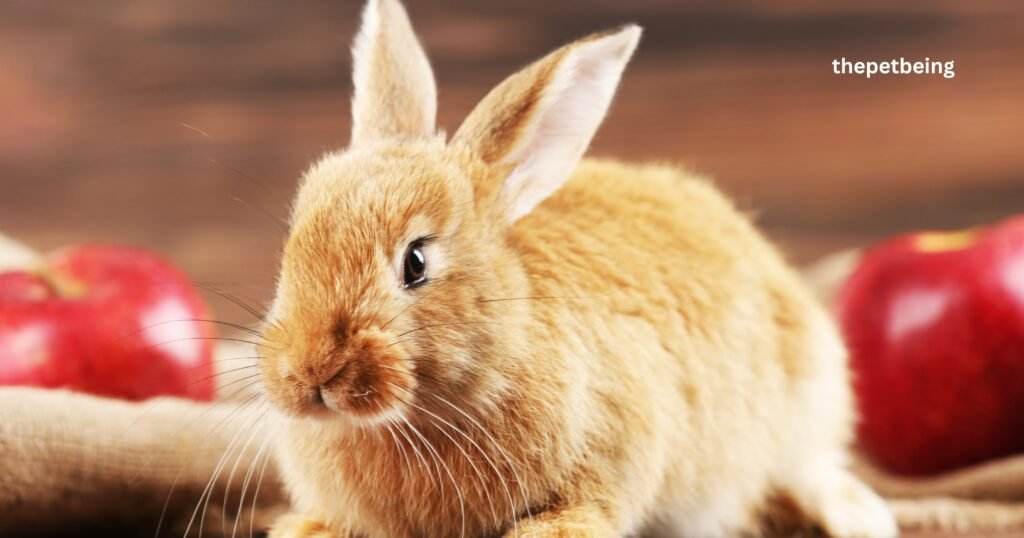
Understanding Signs of Reduced Appetite in Rabbits
It is essential to watch your rabbit’s eating habits closely. If your rabbit is eating less or not eating at all, it might be a sign of a health problem.
Here are some signs that your rabbit’s appetite is not as good as it should be.
- Less Interest in Food
You might notice that your rabbit needs to get more excited about meal times. Your bunny might take longer to finish or leave some food uneaten.
- Weight Loss
If your rabbit is not eating enough, it might start to lose weight. You might notice that your rabbit feels lighter when you pick it up or that you can see its ribs or spine more easily.
- Changes in Poop
Rabbits that are not eating enough might start to poop less. Their poop might also be smaller or more complicated than usual.
- Not Drinking as Much
Rabbits that are not feeling well might also drink less water than usual. This can make them dehydrated, which is very bad for them.
If you notice these signs in your rabbit, getting help from a vet immediately is essential. The vet can discover why your rabbit is not eating and help it improve.
Common Causes of Reduced Appetite
- Dental Problems
Rabbits have teeth that keep growing. Sometimes, these teeth can cause problems. The teeth might be too long or sharp, hurting the rabbit’s mouth. This can make the rabbit not want to eat.
- Sickness
When rabbits are sick, they might not want to eat. Sickness can be due to many things, like a lousy belly or a virus. Going to the vet is essential if you think your rabbit is sick.
- Stress
Rabbits can feel stress, just like people. If a rabbit is stressed, it might not want to eat. Things that can stress a rabbit include loud noises, changes in its home, or losing a friend.
- Old Age
As rabbits grow old, they might not want to eat as much. This can be part of natural aging. But watching old rabbits is essential to ensure they are eating enough.
Remember, if you notice any signs of your rabbit not eating well, it’s best to go to the vet. The vet can help determine why your rabbit is not eating and give it the right help.
Everyday Eating Habits in Rabbits
Understanding the standard eating patterns of rabbits is crucial for their health and well-being.
- Eating Throughout the Day
Rabbits are naturally grazers. They often eat small meals rather than having one or two big meals daily. You may notice your rabbit eating at different times throughout the day and night. This is normal and healthy behavior.
- Chewing on Hay
Rabbits spend a lot of their time chewing on hay. This is not just because they enjoy it but also because it is necessary for their dental health. If your rabbit is chewing hay regularly, this is a good sign that it is eating properly.
- Drinking Water
Rabbits should always have access to clean water and should be drinking frequently. If your rabbit drinks regularly, it is a sign that it is staying well-hydrated.
- Eating Pellets, Fruits, and Veggies
In addition to hay, rabbits should eat pellets, fruits, and vegetables. They should eat pellets every day, while fruits and vegetables can be given as treats.
If your rabbit follows these eating patterns, it is likely healthy and getting the nutrients it needs. However, if you notice any changes in your rabbit’s eating habits, it is essential to consult your vet.
Conclusion
How Long Can A Rabbit Go Without Eating? In conclusion, rabbits can go without food for several days. However, it is essential to ensure they have access to clean water and feed them fresh vegetables daily to supplement their diet. Feeding habits should also be monitored outside, as eating wrong can lead to health issues and fatalities. It is best to provide hay and adequate grazing areas for them to reach proper nutrition levels. A rabbit’s owner must understand how long it can go without food to best care for their pet.
Rabbits can go for significant amounts of time without food, especially compared to other animals. The average rabbit can survive up to 3 days without food, and it is not unheard of for some rabbits to last up to 5 or 6 days in a desperate situation. This is impressive but comes with the caveat that they are under innumerable stresses that can make them sick or injured.
FAQs
How Much Food Does A Rabbit Need To Eat?
A rabbit must eat hay about the same size as its body daily.
They also need a small number of rabbit pellets, like a handful, and about a cup of fresh vegetables.
Treats like fruits should be given in small amounts.
What can you do if your rabbit is not eating?
If your rabbit is not eating, it might be sick or stressed.
It would help if you took it to the vet right away. The vet can check why your rabbit is not eating and help it get better.
Ensuring your rabbit eats enough to stay healthy and happy is essential.
How long can a rabbit go without food before dying?
A rabbit can live without food for about 2 to 3 days.
But this is not good for them. If a rabbit does not eat, it can get sick and die.
If your rabbit is not eating, you must immediately take it to the vet.
Can rabbits go a day without food?
It’s not good for rabbits to go a day without food.
They need to eat often to stay healthy. If they don’t eat, they can get sick.
You should ensure your rabbit always has hay to eat and clean water to drink.
If your rabbit is not eating, take it to the vet immediately.
They can help your rabbit feel better and start eating again.
It’s crucial to make sure your rabbit is eating enough every day.
How do I know if my rabbit is depressed?
Rabbits can act differently when sad. They may eat less, hide, or not want to play.
Sometimes, they might shake or have wet eyes.
If your rabbit acts this way, it might be upset.
It is a good idea to take it to the vet to ensure it’s not sick.
Can my rabbit eat chapatti?
No, rabbits should not eat chapati. Chapati is made from wheat flour, which is hard for rabbits to digest. It can make them sick.
Chapati has no essential nutrients for rabbits. Instead, feed them hay, fresh vegetables, and rabbit pellets.
Always provide clean water. Avoid human food.
